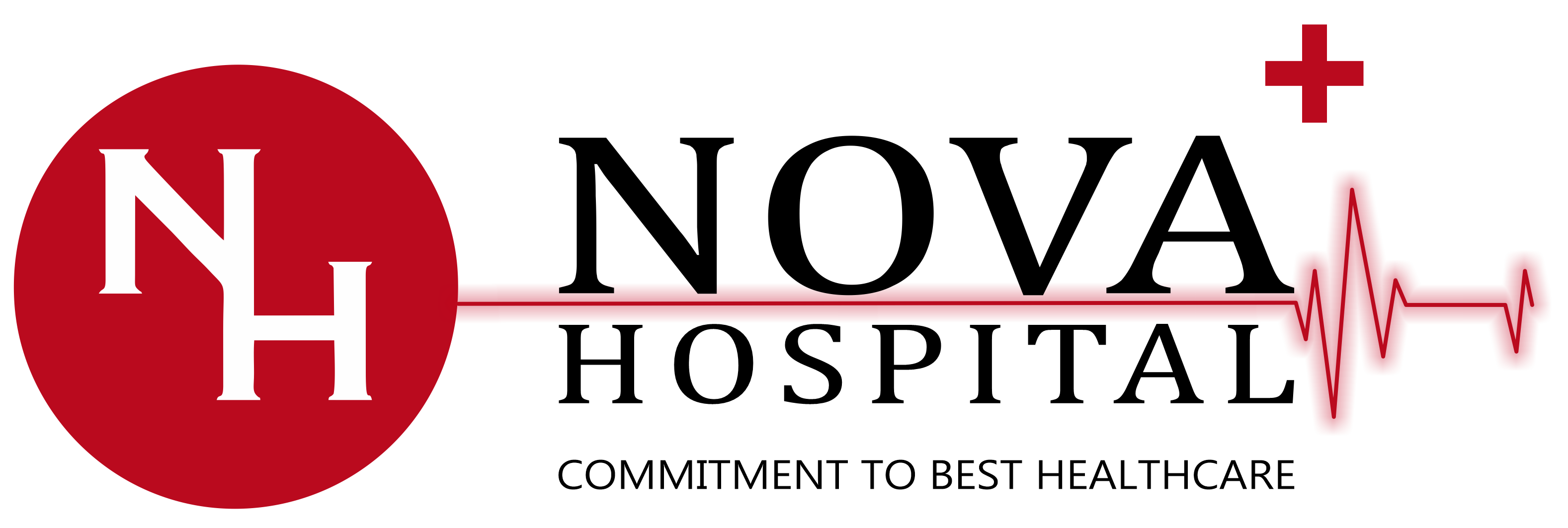| 1. |
Right to dignity and privacy during examination, treatment and medical procedures.
|
| 2. |
Right to be educated about nature of treatment, benefits, possible risks, complications
and alternatives. |
| 3. |
Right to information about possible benefits of treatment and possible risk, if not treated. |
| 4. |
Right to request that care plan is prepared or modified as per patient’s or attendant’s
desire. |
| 5. |
Right of respect and consideration of their spiritual & cultural need. |
| 6. |
Right to safety, that includes safety from physical abuse, neglect, repeated internal examinations
etc. |
| 7. |
Right to confidentiality and non disclosure of patient’s private information without consent. |
| 8. |
Right to refuse treatment and right to get discharged from the hospital. |
| 9. |
Right to informed consent, before any invasive or high risk procedure, or high risk treatment like
blood transfusion, general anesthesia, invasive procedure or Chemotherapeutic medication is done. |
| 10. |
Right to get information about how to lodge complaint. |
| 11. |
Right to lodge complaint about hospital facilities, services, staff behavior and right to grievance
settlement. |
| 12. |
Right to prompt information about expected cost of treatment. |
| 13. |
Right to uniform medical care irrespective of caste, creed, color, sex, region, religion or ward rate.
|
| 14. |
Right to see patient and know about patient’s health status, access to patient’s diagnostic results
and clinical record. |
| 15. |
Right to education regarding preventive healthcare aspects, drug-food interaction, Blood donation,
organ donation, immunization, Periodic health checkup |
| 16. |
Right to know about patient’s health status and health care needs after discharge, including
precautions, medications, dietary and life style advice, and advice for medical emergency.
|
